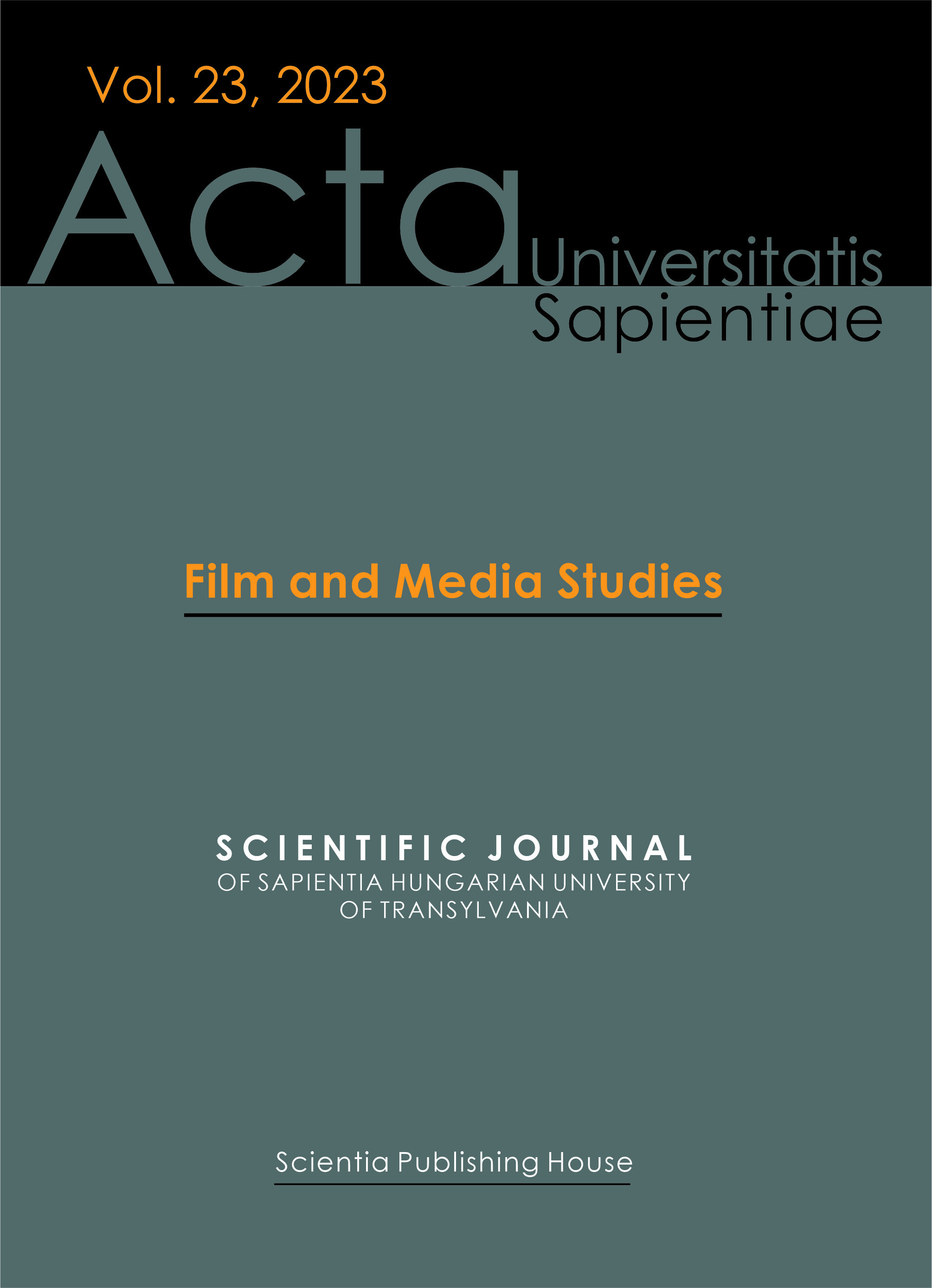Immanence, Ethics and Dystopia in The Lobster by Yorgos Lanthimos
Immanence, Ethics and Dystopia in The Lobster by Yorgos Lanthimos
Author(s): Kevser Akyol OktanSubject(s): Ethics / Practical Philosophy, Film / Cinema / Cinematography
Published by: Scientia Kiadó
Keywords: transcendence; immanence; ethics; Spinoza; cinema; dystopia;
Summary/Abstract: The article discusses The Lobster (2015) by Yorgos Lanthimos in connection with the concepts of transcendence and immanence, morality and ethics. This film is a dystopia that critically reveals the relationship between modernity and morality and draws attention with its objections to transcendental moral values. Therefore, in this study, the film is the subject of a discussion mainly focusing on the loss of control of modern individuals over their own lives under the pressure of transcendent values and moral systems that produce hierarchy. The film is evaluated on the axis of Spinoza’s approach to immanence ethics. The distinction between morality and ethics, which stands out in Spinoza’s philosophy of immanence, and the association of morality with transcendence and ethics with immanence form the basis of the analysis of the film. Criticisms of transcendence and morality are hidden in the ironic style that is based on Cartesian oppositions such as nature–culture, good–evil, mind–body, woman–man, rule-illegal, similarity–difference in the film. In addition, the emphasis on the lack of emotion in the film is an important part of the critical style of the film in terms of the role that Spinoza assigns to the affects in the context of activating the conatus.
Journal: Acta Universitatis Sapientiae, Film and Media Studies
- Issue Year: 2023
- Issue No: 23
- Page Range: 176-190
- Page Count: 15
- Language: English

